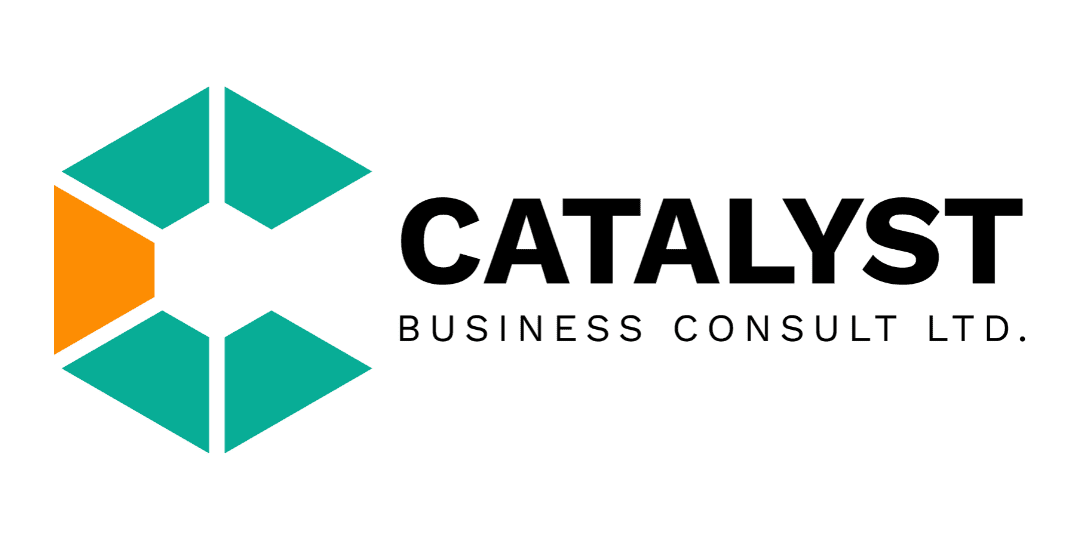When asked about logistics in Lagos, the picture that comes to the mind of most is that of a bike man fully kitted in protective gear equipped with a storage compartment for delivering items from seller to buyer. Similarly, when a company identifies itself as capable of providing logistic services, the general public is inclined to believe that the berth of said company’s operation is only making deliveries. We will be highlighting and taking a closer look into logistics to find out what it entails.
WHAT IS LOGISTICS?
“The line between disorder and order lies in logistics” – Sun Tzu.
This quote encapsulates the essence of what logistics is. Logistics is concerned with flow. The management of people, systems and resources to reach a particular end. In today’s world, the logistics space serves as a bridge that connects various points and persons in a supply chain. It relates customers to the seller, raw materials to manufacturers, designing and managing supply chains. These are all activities that fall under the domain of logistics.
SUPPLY CHAINS
To properly discuss logistics, we must first talk about supply chains. A supply chain can be pictured as the steps on an escalator that move things from point A to point B. The activities that must happen for a product leaving the manufacturer to arrive in the hands of a consumer make up a supply chain. The processes involved for the manufacturer to convert raw materials to finished products are also part of a supply chain. Simply put, it is a network: a network that connects the producers and the various middlemen to the final consumer.
Logistics is about managing activities that occur on this network. The web of connections that are required to handle a business successfully can be very intricate and complicated. This is the role logistics plays. It helps organizations with obtaining, handling, storage and transportation of materials.
CATEGORIES OF LOGISTICS
There are two major categories,
- Inbound Logistics, and
- Outbound Logistics
Inbound logistics is concerned with the processes that bring materials, products and resources into a company—for example, the transportation of felled trees to a woodworking factory. In a manufacturing company, it can be the purchasing of raw materials from suppliers.
Outbound logistics deals with the processes that move flow out of a company. It covers order fulfilment, packing, shipping, delivery and so on.
Both categories deal with the transportation of items to different entities on the supply chain. It is crucial, however, for organizations to properly manage both. Failure to do so could lead to supply shortages, inflated costs or low customer satisfaction.
Breakdown of some activities in Logistics
- Procurement Logistics.
These activities include market research, supplier management, ordering decisions taken to purchase items for an organization.
- Asset Control Logistics
This is concerned with the storage, preservation, maintenance or promotion of assets owned by an organization—for example, refrigeration facilities that store perishable goods for retailers.
- Distribution Logistics
The delivery of finished goods and products to the final consumer is the main focus here. Transportation, processing, package tracking, etc., are some activities that fall under this category.
- Disposal Logistics
This handles the disposal of waste generated during the operation of a business. This function is crucial to organizations that produce waste that may be harmful if not properly discarded.
THE ROLE OF INFORMATION IN LOGISTICS
“In God we trust, all others must bring data”- W. Edwards Deming.
Let’s assume you just bought a phone from an online store, and after your purchase, the seller provides no information about the arrival of your device. It would be entirely normal for you to think you were being scammed or lose confidence in the appearance of your phone. The seller can only grant the perception of trust with data and information. Customers will have peace of mind if they can monitor their product on its journey through the supply chain.
DATA COLLECTION
The ability to collect data is crucial. It allows entities on the supply chain to trust transactions made on the supply chain. A company should identify where its product is, what time its product was dispatched and what time it was delivered to the customer. This information not only builds trust but is essential for analytics.
Logistics management information systems are used to gather, analyze, validate and display data from all levels of the logistics system. Technology plays a significant role in this field. Information specialists continually develop new ways to capture and relay data from the supply chain to its users and end consumers.
At its heart, logistics is about customer satisfaction. It is about taking all necessary steps to ensure that the expectations of the customer and met. So, when you make a purchase or order food online, remember to thank the logisticians who made it possible.
Are you interested in developing the logistical arm of your business? Or do you need information about starting a logistics company? Contact Catalyst Business Consult on 08162726997 to get started!

